In collegiate wrestling, transfers are common—but when an NCAA champion departs a dominant program, the reasons behind the move draw intense scrutiny. Greg Kerkvliet, Penn State’s 2024 NCAA heavyweight champion, recently announced his shift to the Lehigh Valley Regional Training Center (RTC). Kerkvliet’s explanation mixes personal motivations, training environment, and long-term goals as he sets his sights on international competition. For fans, coaches, and aspiring wrestlers, this decision represents more than a change of scenery—it signifies a strategic repositioning in his athletic narrative.
The Champ Leaves the Lion’s Den
Penn State wrestling under coach Cael Sanderson has been a juggernaut in collegiate wrestling, capturing multiple NCAA team titles and developing many champions. Kerkvliet’s decision to depart this powerhouse program therefore sparked surprise. His move to Lehigh Valley RTC marks the end of a successful chapter and the beginning of a new one, guided by his evolving ambitions.
Kerkvliet addressed speculation in his own way. He cited relationships with wrestlers training at Lehigh, the atmosphere, and alignment with his Olympic and world championship goals as central influences. He said meeting wrestlers like Ben Honis, who trained earlier at Lehigh, had piqued his curiosity. After trying workouts with the Lehigh squad, he was drawn by how well it fit his needs.
He described the environment as “a great room full of a bunch of great guys” where the energy and culture resonated deeply with him. He emphasized that for his goals, especially international ambitions, the move felt like the right match.

A Deep Dive into Kerkvliet’s Collegiate Career
To understand the magnitude of this shift, it helps to review Kerkvliet’s rise at Penn State:
-
He became a multi-time All-American while wearing Nittany Lion singlets, consistently placing at NCAA championships in earlier seasons.
-
In 2024, he reached the pinnacle—taking the national title in the heavyweight division. That year he went undefeated in the postseason and established himself as the premier collegiate heavyweight.
-
His overall collegiate record by the time of departure stood at an impressive over 90 wins with a dozen or so losses.
His success was built on the resources, coaching, and competitive environment at Penn State. So stepping away did not come lightly.
Why the Switch? Key Motivations
1. Match with International & Olympic Focus
Kerkvliet’s long-term goal now lies squarely in world-level and Olympic freestyle wrestling, beyond the collegiate folkstyle domain. The Lehigh Valley RTC is known for its specialization in preparing athletes for international competition. That infrastructure—coaches, partner groups, training methodology—provides a pathway more aligned with his ambitions.
2. Training Culture & Fit
Kerkvliet made it clear that he values environment highly. It’s not just about the facilities; it’s the people, chemistry, daily intensity. He referenced an immediate feeling of belonging when he “warmed up with those guys” during visits. That qualitative fit—trust, energy, mutual drive—often becomes decisive at elite levels.
3. Influence & Mentorship Network
His association with wrestlers who already worked out at Lehigh, like Ben Honis, opened doors to observe training styles and culture firsthand. Seeing a peer’s success in that setting encouraged him to evaluate the move seriously. Exposure to different coaching philosophies and peer groups can catalyze growth when the timing is right.
4. Room for Personalized Attention
In a powerhouse program such as Penn State, there is always a premium on talent and depth. Even champion-level athletes can feel constrained by crowded rosters or divided attention. By relocating to a smaller, specialized RTC, Kerkvliet may expect more tailored support, fewer conflicts over resources, and clearer agency in his training path.
The Contrast: Penn State RTC vs. Lehigh Valley RTC
To understand the stakes, comparing the two environments is essential:
| Aspect | Penn State RTC | Lehigh Valley RTC |
|---|---|---|
| Collegiate Success | Heavy dominance in NCAA team titles | More niche, with focus on international development |
| Depth | Many elite wrestlers across weight classes | Smaller roster, perhaps more intensity per athlete |
| Resources & Legacy | Deep tradition, strong brand, and broad support | More specialized, closer oversight for international progression |
| Alignment | Primarily oriented toward collegiate success | Tailored toward international, freestyle goals |
| Atmosphere | Intense competition for spot, depth pressure | Potential for personalized culture and maximal fit |
Kerkvliet’s move suggests he may prefer the trade-offs inherent in the second model for his next phases.

Reactions & Fan Speculation
The wrestling community has responded with intrigue, questions, and varying perspectives. Some see the decision as a bold step toward global relevance; others question whether leaving a dominant brand will hurt exposure or resources. Critics argue that Penn State’s environment breeds excellence, and that departing could risk visibility or support.
Penn State loyalists responded defensively, pointing to roster depth, legacy, and the fact that high-level athletes sometimes leave if they don’t feel optimally prioritized. Supporters counter that not every athlete thrives under the same setup—and growth can require change.
Risks & Challenges Ahead
Kerkvliet’s move is ambitious, but not without challenges:
-
Integration & sudden change: Adapting to a new system, coaching staff, and partner group demands flexibility.
-
Resource differences: While the new RTC may prioritize his needs, it might lack some of the peripheral support media, funding, or scouting networks a big program offers.
-
Exposure & branding: Penn State carries heavyweight brand recognition in U.S. wrestling; detaching from that can mean building his narrative at a new location.
-
Performance expectations: As a champion, he will be held to high results. The move itself raises expectations internally and externally.
Nonetheless, the decision seems grounded in thoughtfulness more than impulse.
What This Means for Collegiate Wrestling Culture
Kerkvliet’s shift points toward a maturing ecosystem where athletes choose environments that align with long-term goals, not just collegiate prestige. Key implications:
-
Athlete agency increases: More elite wrestlers may evaluate advantages beyond team success—training fit, international alignment, culture.
-
Specialized centers grow in appeal: RTCs with clear international focus might attract top-tier talent seeking beyond-NCAA horizons.
-
Programs must evolve: Major collegiate programs may need to emphasize not only in-season success but athlete development, customization, and clarity on international pathways.
-
Narratives shift: Departures may no longer be framed as betrayal but as strategic repositioning, especially in a sport where freestyle and folkstyle overlap.
The Road Ahead for Kerkvliet
As he settles into Lehigh Valley, several key chapters lie ahead:
-
Establish rapport & identity
He must embed himself into the RTC culture, build trust with coaches, and showcase consistency in training and results. -
International competition performance
Success in World Championships, Trials, and international tournaments will validate the move more than any rhetoric. -
Narrative ownership
Kerkvliet must balance the story of leaving with the story of arrival—highlighting growth, intentional direction, and vision. -
Long-term influence
If he succeeds, his path could become a reference for future wrestlers contemplating moves. He could shape how elite wrestlers view their development paths.
Greg Kerkvliet’s decision to leave Penn State’s wrestling program—despite his NCAA heavyweight title—reflects a maturation of his vision for his career. Motivated by alignment with Olympic goals, a desire for training culture fit, and meaningful relationships, he opted for a path of personalized growth rather than remaining in comfort.
His move symbolizes a changing wrestling landscape: where elite athletes value environments that nurture their full ambitions, not just collegiate glory. Whether this move proves transformative or challenging depends not on where he trains, but how he competes next. But for now, Kerkvliet’s leap is a statement: greatness sometimes demands bold change.

 Vietnamese
Vietnamese




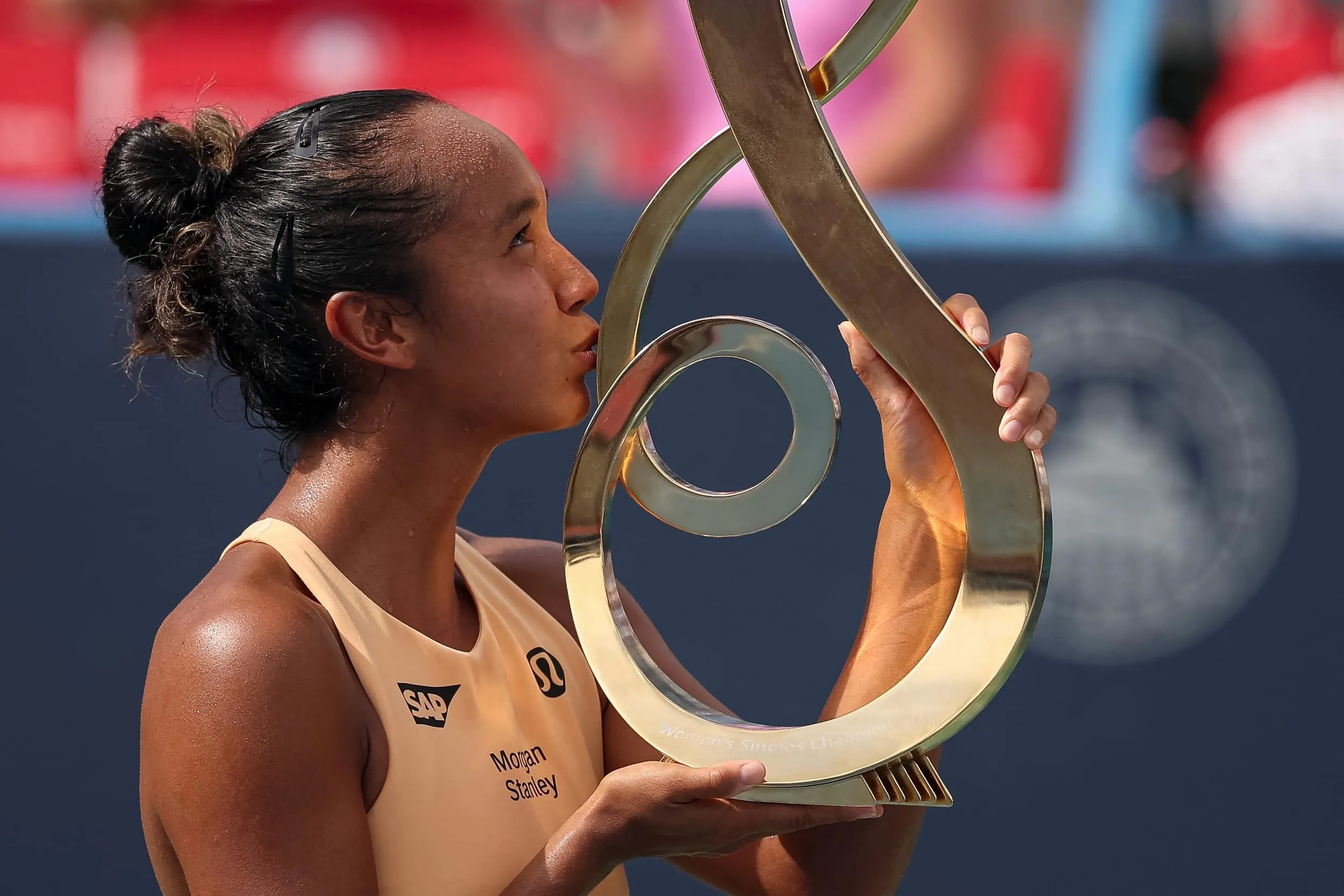
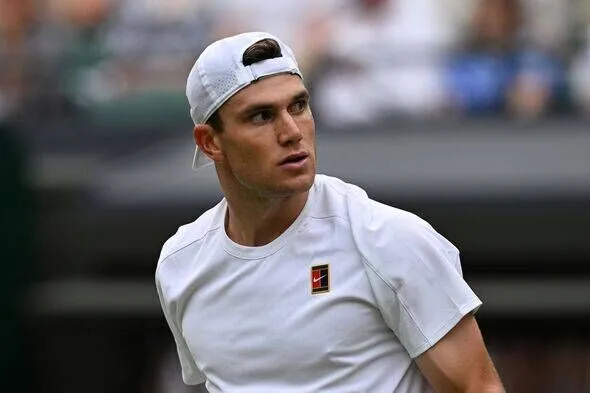
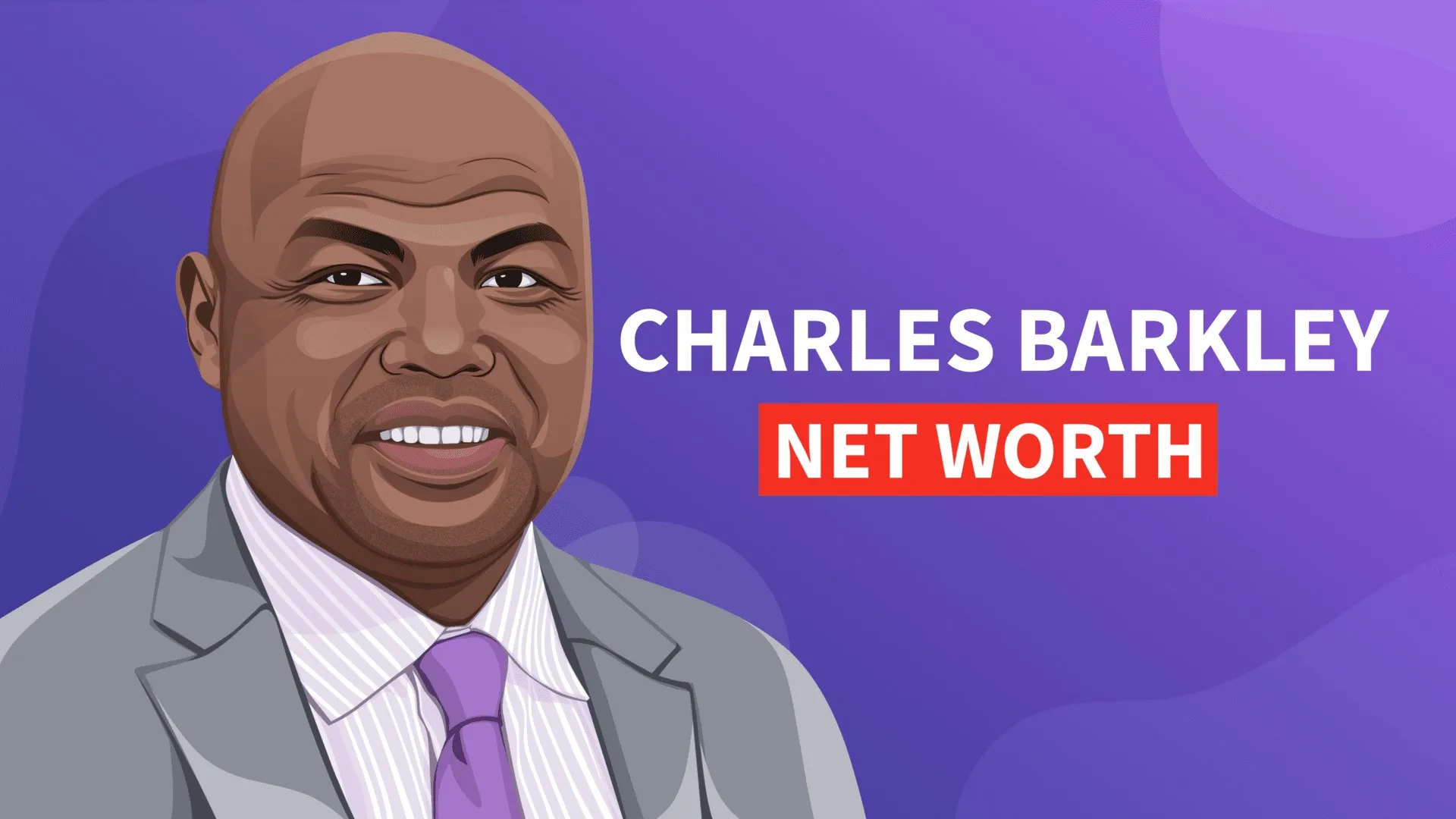
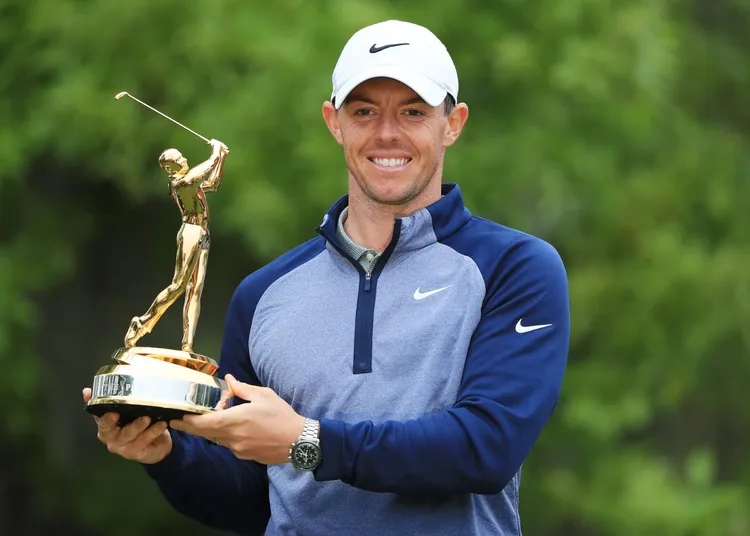

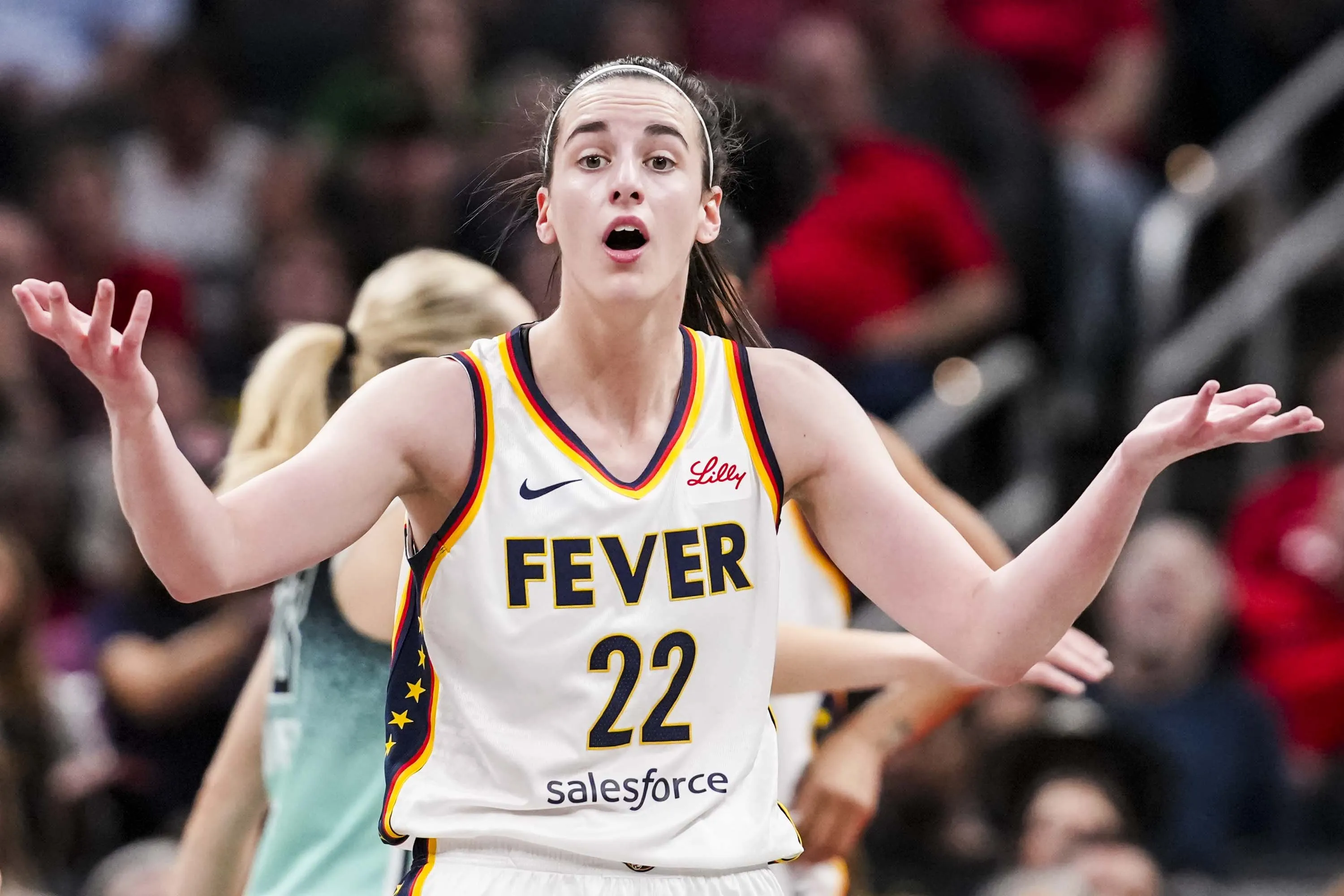
Nguyen Hoai Thanh
Nguyen Hoai Thanh is the Founder and CEO of Metaconex. With 12 years of experience in developing websites, applications and digital media, Nguyen Hoai Thanh has many stories and experiences of success to share.